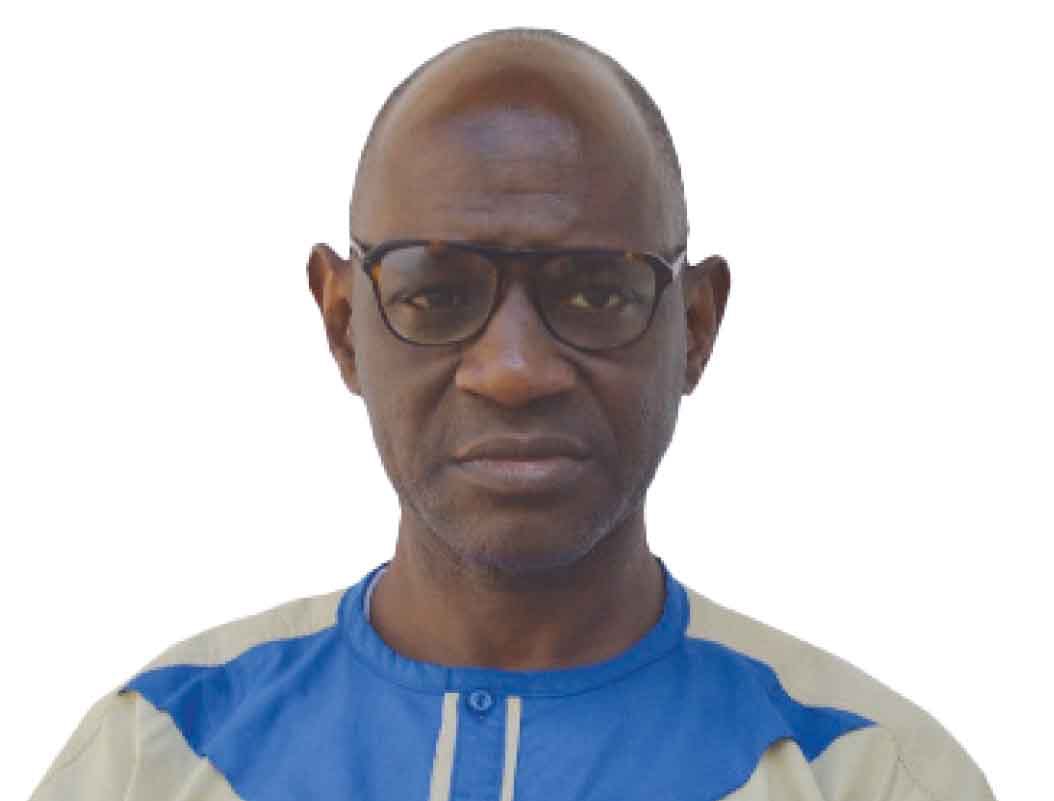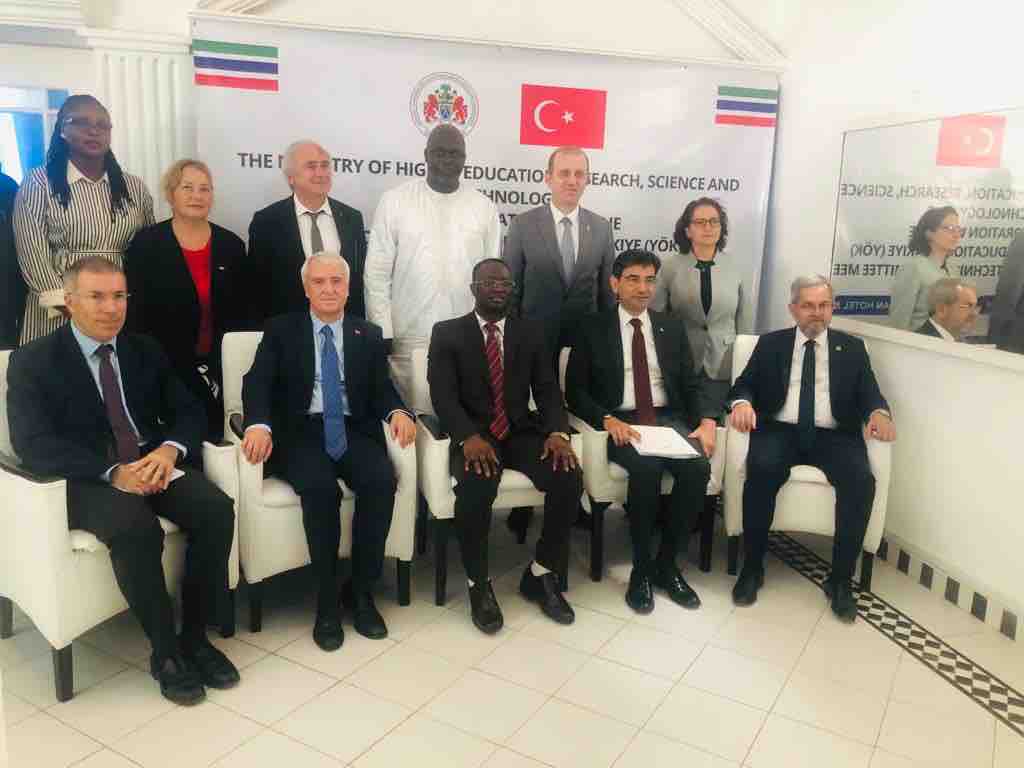By Yunus Saliu
On 10th February 2024, The Gambia’s adhesion to the UNESCO 1970 Convention Against the Illicit Traffic in Cultural Goods, and the UNESCO 2001 Convention on the Protection of Underwater Cultural Heritage came into force, according to reliable sources at UNESCO, Paris.
It can be remembered that in 2022 and late 2023, The National Assembly passed unanimously the two Conventions which were put before The Gambia NAMs by the Minister of Tourism and Culture, Honourable Hamat N.K Bah. In November 2023, during the UNESCO General Conference, the Minister accompanied by the Director General, NCAC, Mr. HassoumCeesay, and assisted by the Gambian Ambassador to Paris, His Excellency E.O Camara submitted on behalf of His Excellency Adama Barrow, The Gambia President the Instruments of Ratification. Ninety days later, on 10 February 2024, the Conventions have come into full force.
In a brief interview with the Director General of the National Centre for Arts and Culture (NCAC), Hassoum Ceesay said The Gambia has now ratified five of the six UNESCO Culture Conventions.
He disclosed that the NCAC is working towards the ratification of the 1954 UNESCO Convention on the Protection of Cultural Property in Times of Armed Conflict. ‘We want to involve the NAM Select Committee on Culture, the Ministry of Defence, Interior, The Gambia Red Cross, National Commission for UNESCO, and communities hosting heritage sites in the awareness raising about this 1954 Convention. Then we will go to the National Assembly to seek ratification so that by the time that the world marks 70 years of this Convention in May, The Gambia would have ratified it.”
However, DG Ceesay was quick to praise the very strong support from the NAMs when it comes to ratifying culture Conventions.
He stressed that ratifying UNESCO Conventions helps in conserving, protecting, and valorizing culture “because when you ratify you belong to the large family of other countries that have done so and benefit from best practice ideas, training, and conservation.
He explained that ratifying also comes with heavy responsibility because “you have to now abide by the dictates of the Convention such as Periodic Reporting duties’ which are significant.
Meanwhile, Mr. Ceesay was happy to disclose that as of now the NCAC has successfully submitted its Periodic Reports for the 1972, 2003, and 2005 Conventions to UNESCO with support from various Gambian communities and the UNESCO Dakar Office.
“Currently, senior NCAC staffs are in Cape Town, South Africa, to attend the 1972 Convention Mid-Term Review and The Gambia has completed its requirements for this stage also. When we are due for the Reports for 1970 and 2001 Conventions, we will also do so successfully,” he expressed




